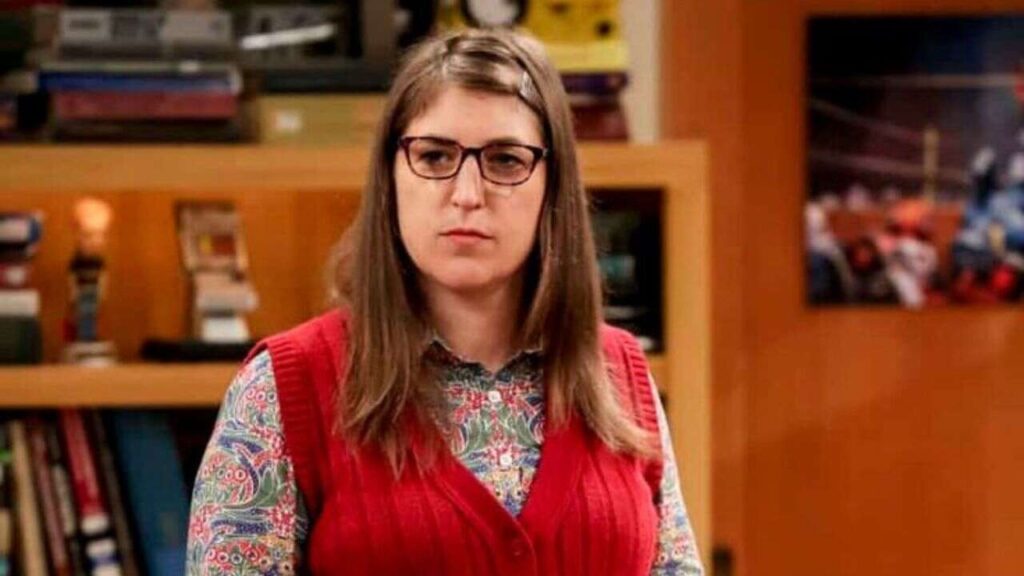
Mayim Bialik detailed the lasting impact of a 1994 Saturday Night Live sketch that cruelly mocked her physical appearance.
Mayim Bialik, renowned for her role as Amy Farrah Fowler on The Big Bang Theory, once revealed a deeply painful experience from her past. She shared a harrowing account of a critic’s cruel assessment of her appearance, comparing her to the iconic horror character Frankenstein.
This devastating attack on her self-image profoundly impacted the young actress, underscoring the harsh realities of body shaming and the pressure to conform to unrealistic beauty standards within the entertainment industry.
The Big Bang Theory’s Mayim Bialik Opens Up About Painful Criticism
Mayim Bialik, reflected on a painful experience from her youth in a 2023 Variety essay. She revisited a 1994 Saturday Night Live sketch that parodied her Blossom character with an exaggerated prosthetic nose. Further, the actress revealed the emotional impact of such mockery.
At the time, Bialik was a teenager when Blossom first aired, and she was subjected to a critic’s harsh description, labeling her as a “Frankenstein of a teenager.” In her essay, she admitted that the criticism deeply hurt her. She was new to the industry, lacking the experience to dismiss critics’ opinions, and her parents had attempted to console her.

Her father had advised, “Don’t listen to reviewers,” while her mother had bluntly commented, “This critic is an a**hole.” The parody’s exaggerated depiction only intensified her feelings of shame, highlighting the broader issue of body shaming in the entertainment industry.
Further, the discussion around Bradley Cooper’s use of prosthetics in Maestro prompted her to revisit her own experience and reflect on its impact on young viewers who looked up to her. Furthermore, Melanie Hutsell, who portrayed Bialik in the SNL sketch, publicly apologized in 2023, expressing regret for being pressured into wearing the prosthetic nose.
Mayim Bialik Opens Up About Gender Bias and Mistreatment in Hollywood’s Writers’ Rooms
During a discussion about systemic issues within writers’ rooms, Mayim Bialik emphasized that the problem goes beyond dealing with “difficult people” and touches on deep-rooted power dynamics and gender inequality. She recounted her own experiences of feeling marginalized and dismissed, shedding light on the broader issue of how women often face unjust treatment in their careers.
Bialik’s passion for writing and storytelling was also evident as she spoke about her commitment to using her platform to drive change. She highlighted the power of storytelling to raise awareness and inspire progress, particularly in challenging industry norms.
Reflecting on the documentary Quiet on Set: The Dark Side of Kids, Bialik noted how it revealed past industry practices and underscored the need for a more supportive environment for children on set.